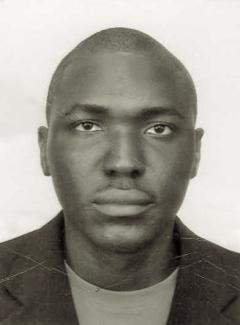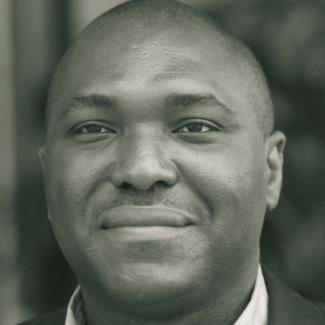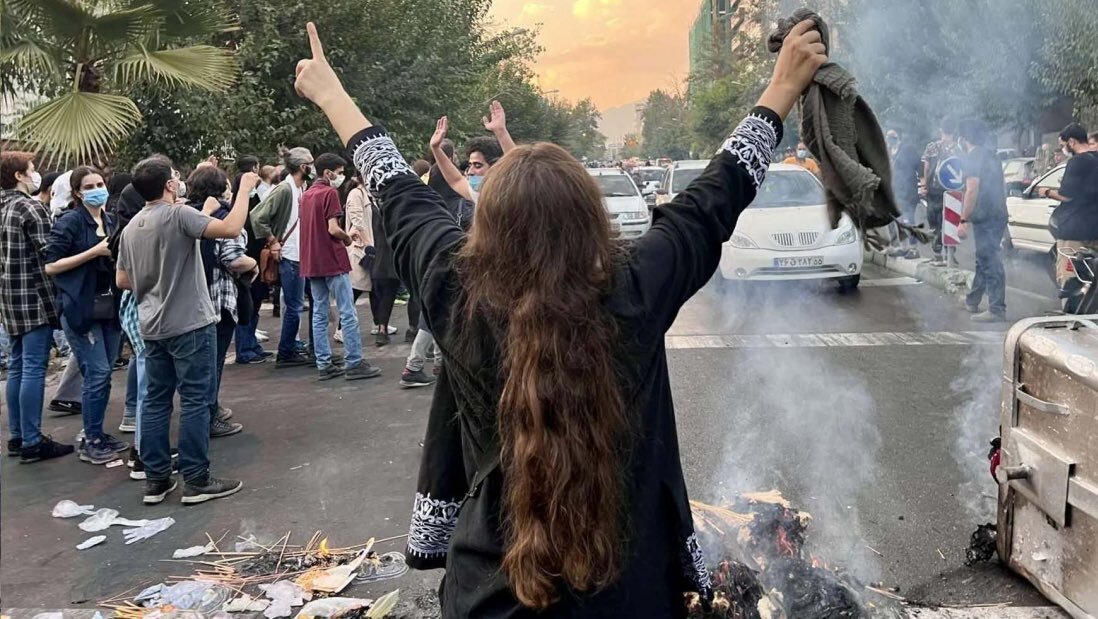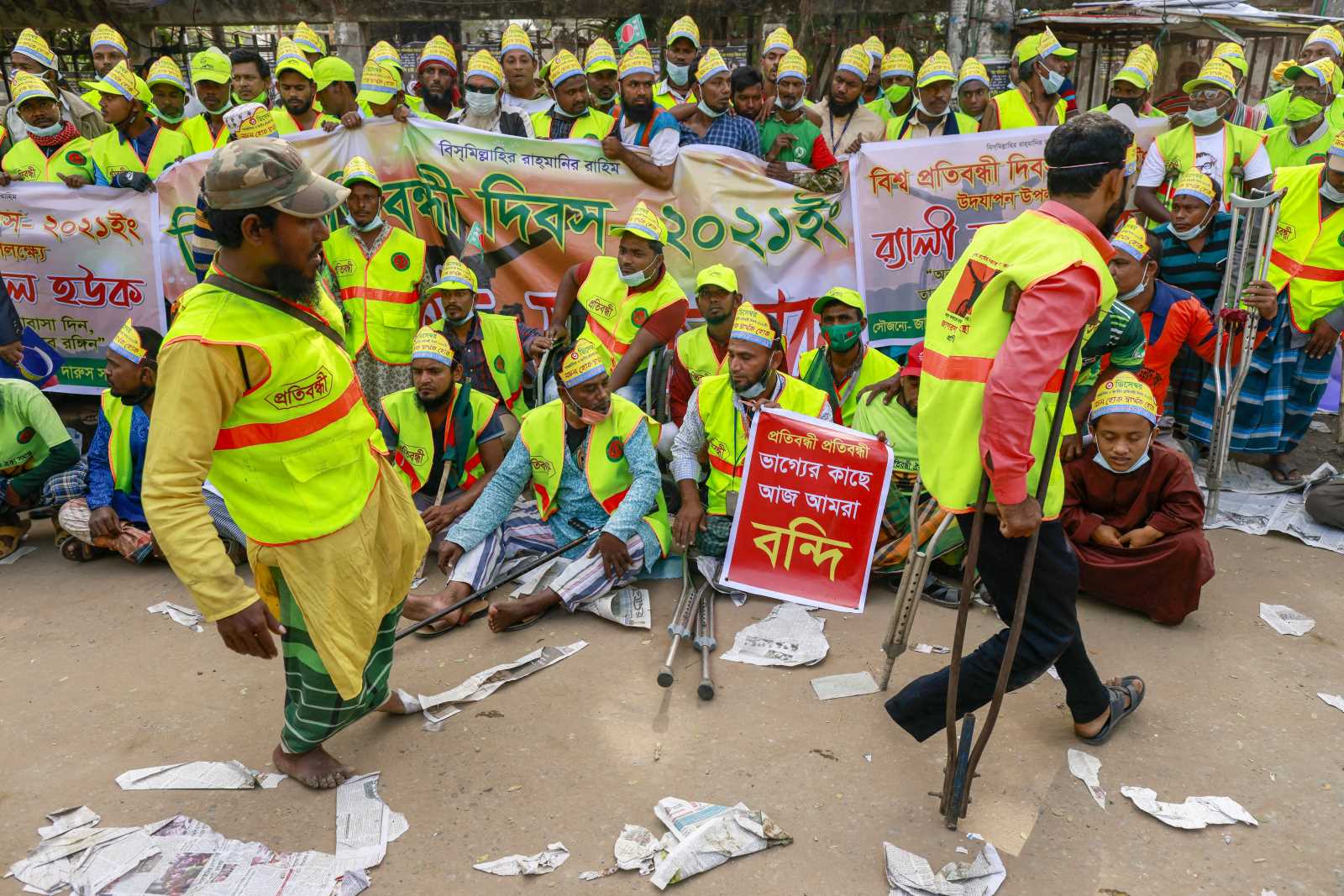Nowadays
I dream of inclusion

They are marginalised in a society that regards disabilities as dreadful personal faults. Even urbanite, well-to-do government officers hide children with impaired sight or hearing in relatives’ homes in villages. Most people with disabilities are denied any respectable job. Only a few manage to prevail in the education system in spite of many obstacles and graduate with excellent grades. But even these pioneers, who escape their peers’ predetermined fate of becoming socially outcast beggars, have to keep proving their resilience and ambition. They must demonstrate again and again that social and professional inclusion are possible even for people who cannot see, hear or walk.
Inclusion is an official policy goal. It was reaffirmed by a summit of leaders for the EU and ACP (Africa, Caribbean and Pacific) in our capital city Lomé in November 2011. Three years ago, Togo ratified the UN Convention on the Rights of People with Disabilities, which the government had signed in 2008. Much remains to be done however. An urgent matter would be to determine the precise number of affected persons. According to our government, some 83 000 people have disabilities in Togo. The WHO, on the other hand, estimates that there are 630 000 of them.
Statistics are obviously not the only thing that matters. Disregard for people with disabilities is evident in many ways in everyday life. Traffic infrastructure is an example. Many sidewalks are not accessible to people with impairments. Virtually no traffic lights emit audio signals too. Even new public buildings do not have ramps for wheelchairs.
When families learn of a member’s disability, they often turn to superstition and witchcraft. Such behaviour is irrational of course, but many religions promise that the blind will see, the deaf will hear and the lame will walk again. People hope for miracles and try to find a way to ban the evil power that has caused the disability. The ways of the Lord remain mysterious of course…
Social stigma, on the other hand, is a reliable phenomenon. People with disabilities are not considered acceptable. They have no right to love, to a fulfilled sex life or to marriage. Many women become victims of sexualised violence, and must cope on their own without any rights. They are visible in everyday life. Many mothers with disabilities beg on street corners in order to fend for the offspring of the men who raped them.
I have dream. I imagine that one day, Togo’s schools will teach sign language as a second language. One day, all new buildings will be accessible to people with impairments. One day, all salespersons will return the correct amount of change honestly. For my dream to come true, people with disabilities need to be represented in municipal councils and the national parliament. Elections offer opportunities for change. One day, even in our society, children will no longer be condemned because of a disability. Instead, they will get the personal appreciation they deserve.
Samir Abi heads the non-governmental organisation Visions Solidaires in Togo.
samirvstg@gmail.com













